Pep Guardiola, widely regarded as one of the best football managers in history, has reshaped the sport. Named Men’s Coach of the Year, his style is now admired, mimicked, and studied globally. Many believe he has transformed football, although not everyone agrees.
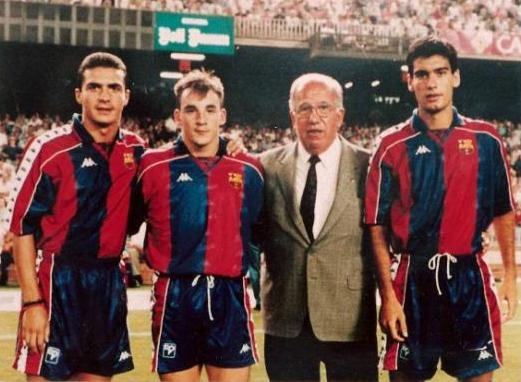
Former manager Fabio Capello controversially claimed Pep has done “tremendous damage” to the game. According to him, Pep’s influence has led to players becoming like “robots,” sticking rigidly to positions. Capello even said, “You’ll never see another Ronaldo.”
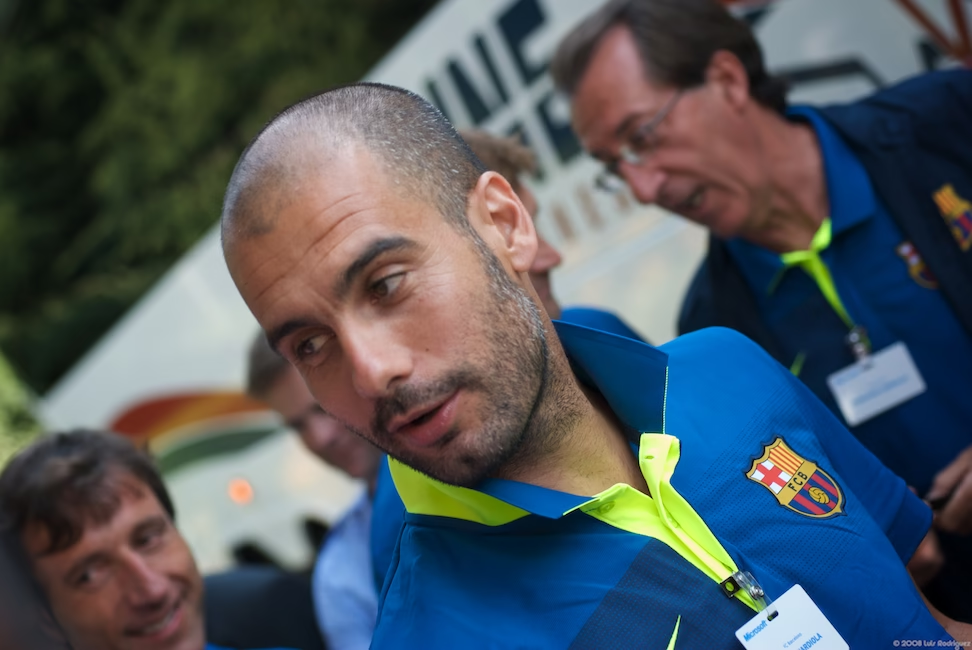
Humble Beginnings and Cruyff’s Influence
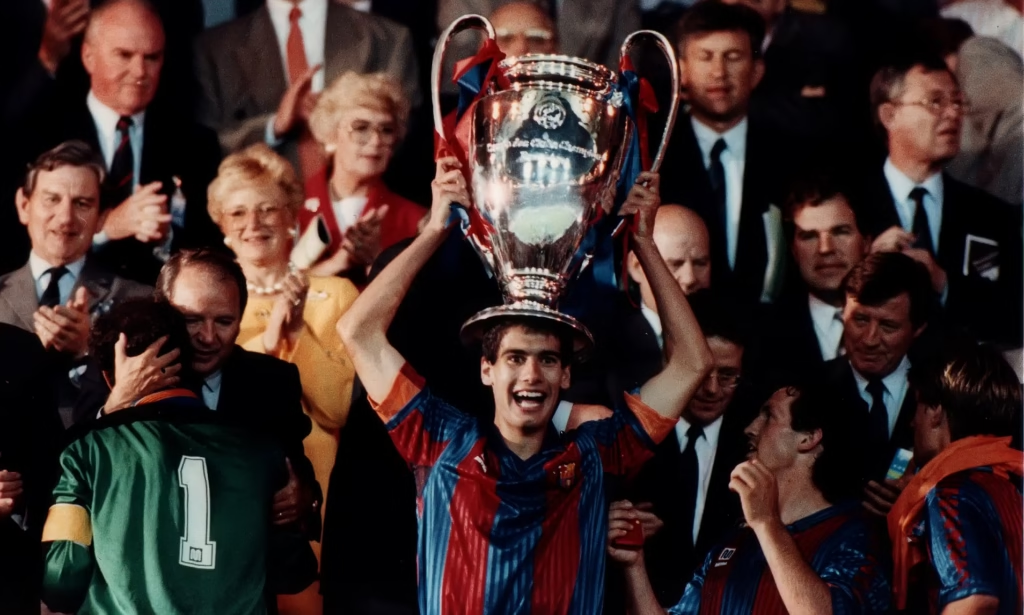
Guardiola started coaching with Barcelona B in 2007, just a year after retiring as a player, with no prior coaching experience. He was deeply influenced by Johan Cruyff, the pioneer of Dutch total football, which emphasized possession and rapid passing.
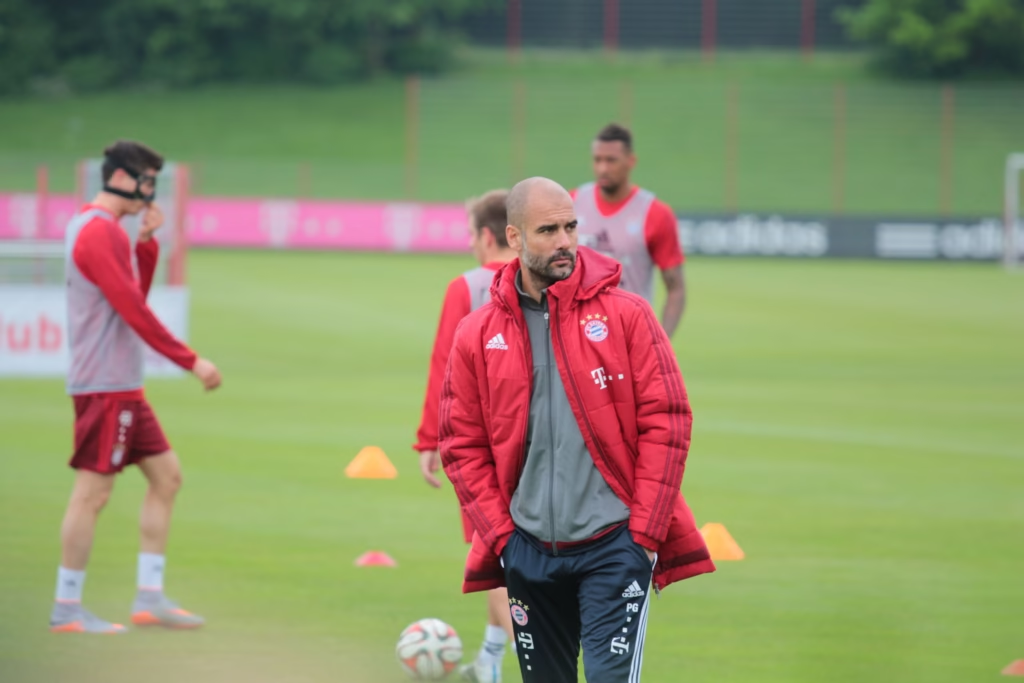
Cruyff was the architect of Barcelona’s playing identity. Pep adopted this philosophy, and within a year, he was promoted to coach the first team after Frank Rijkaard’s departure. Club president Joan Laporta saw Pep as a perfect match for the club’s values of attacking football and early pressing.
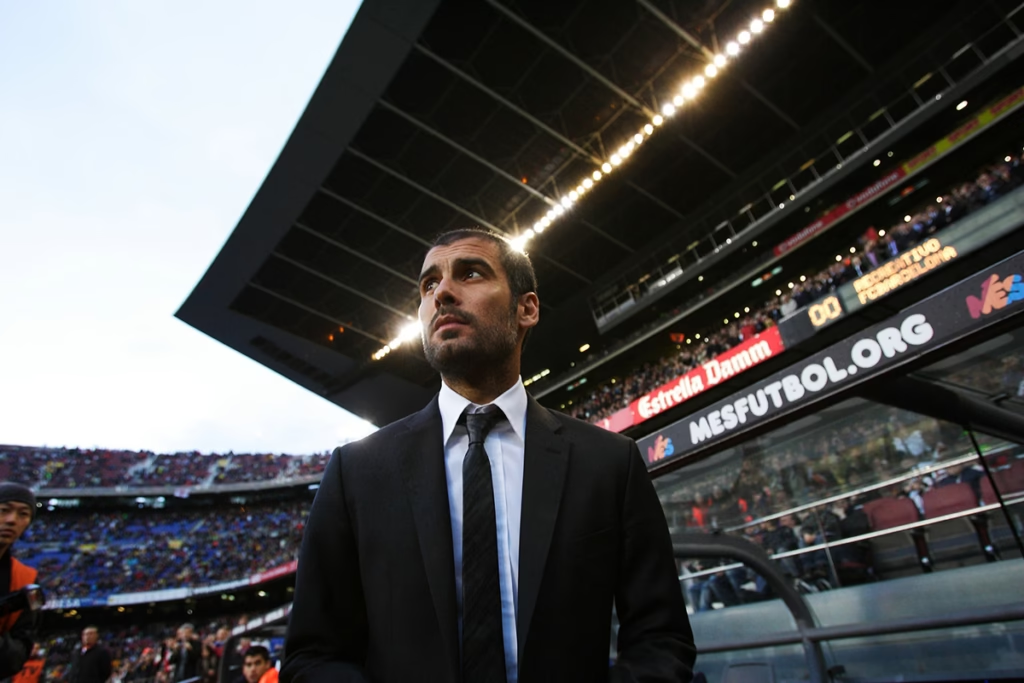
Making Big Decisions Fast
Taking over Barcelona in 2008, Guardiola faced skepticism due to his inexperience. But he quickly showed he was “built differently.” Pep made bold moves—removing stars like Ronaldinho, Deco, and Samuel Eto’o, emphasizing discipline and team-first mentality.
In their place, he promoted youngsters like Sergio Busquets and Pedro, and started to create what many call the most beautiful system in football. His obsessive attention to detail soon paid off.
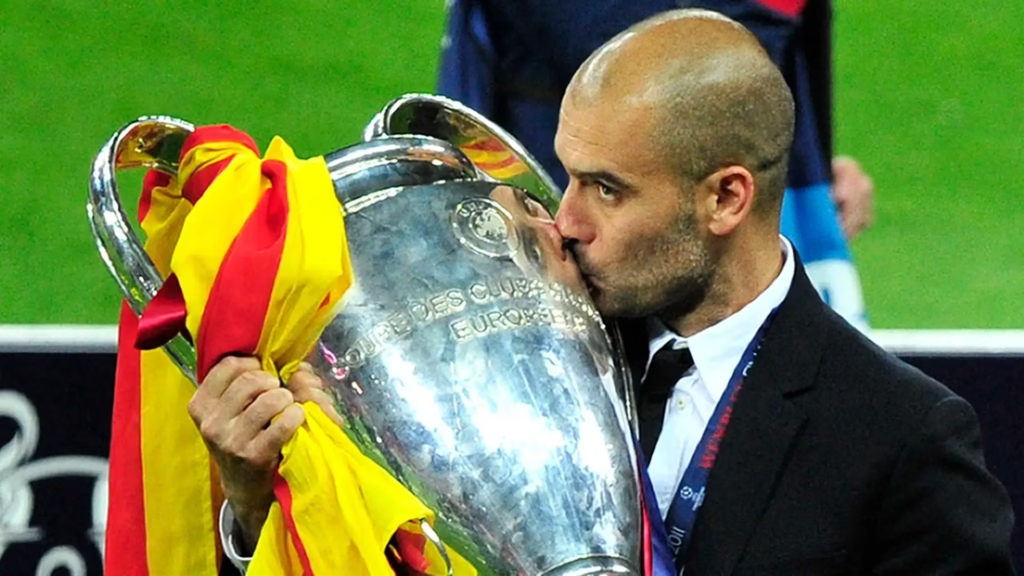
Treble in His First Season
In his debut season, Pep led Barcelona to the La Liga title, then won the Champions League by beating Manchester United 2–0 in the final. Messi scored, and Guardiola’s “dream team” had arrived.
Barca completed a historic treble—La Liga, Copa del Rey, and Champions League. In just three seasons, Pep won three league titles and two Champions Leagues, building what many consider the greatest football team of all time.
The Mourinho Rivalry
In 2010, Jose Mourinho joined Real Madrid, setting up one of football’s fiercest rivalries. Mourinho had missed out on the Barca job to Pep and now wanted to destroy him on the pitch.
It became a clash of ideologies—Pep’s elegant possession play vs. Mourinho’s physical, disciplined approach. The pressure and mind games, especially in press conferences, reportedly wore Pep down. By 2012, he stepped down from Barcelona, mentally and physically drained.
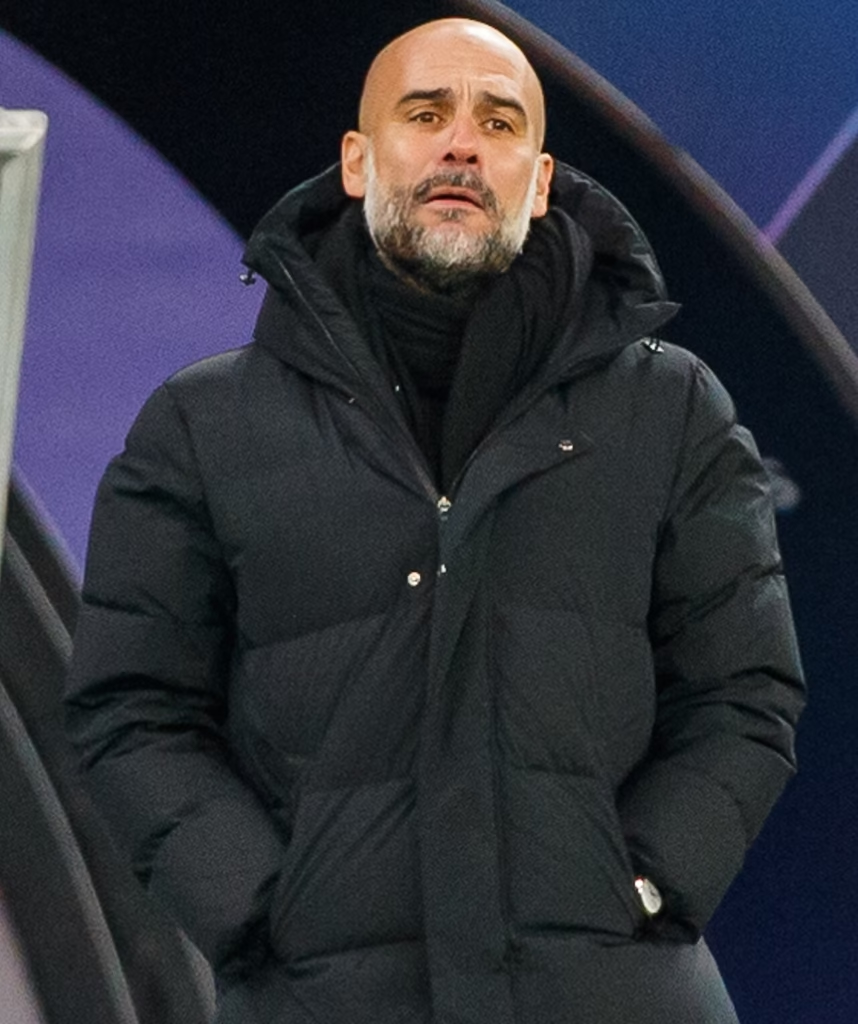
A New Chapter at Bayern Munich
After a year-long break, Pep joined Bayern Munich in 2013, taking over a club that had just won the treble. He introduced his style and signed players like Götze and Thiago.
While dominant in domestic competitions, Bayern fell short in Europe. Heavy defeats to Real Madrid (2014) and Barcelona (2015) led some to question Pep’s methods. After three seasons without a Champions League trophy, he announced his departure in 2016.
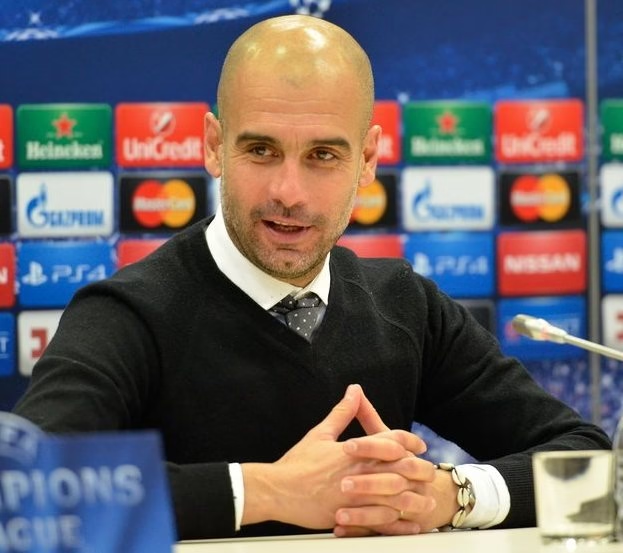
The Manchester City Project
In 2016, Guardiola signed a three-year contract with Manchester City. It was a major statement from the club, and the media billed it as another round of Pep vs. Mourinho, as Jose had taken over Manchester United.
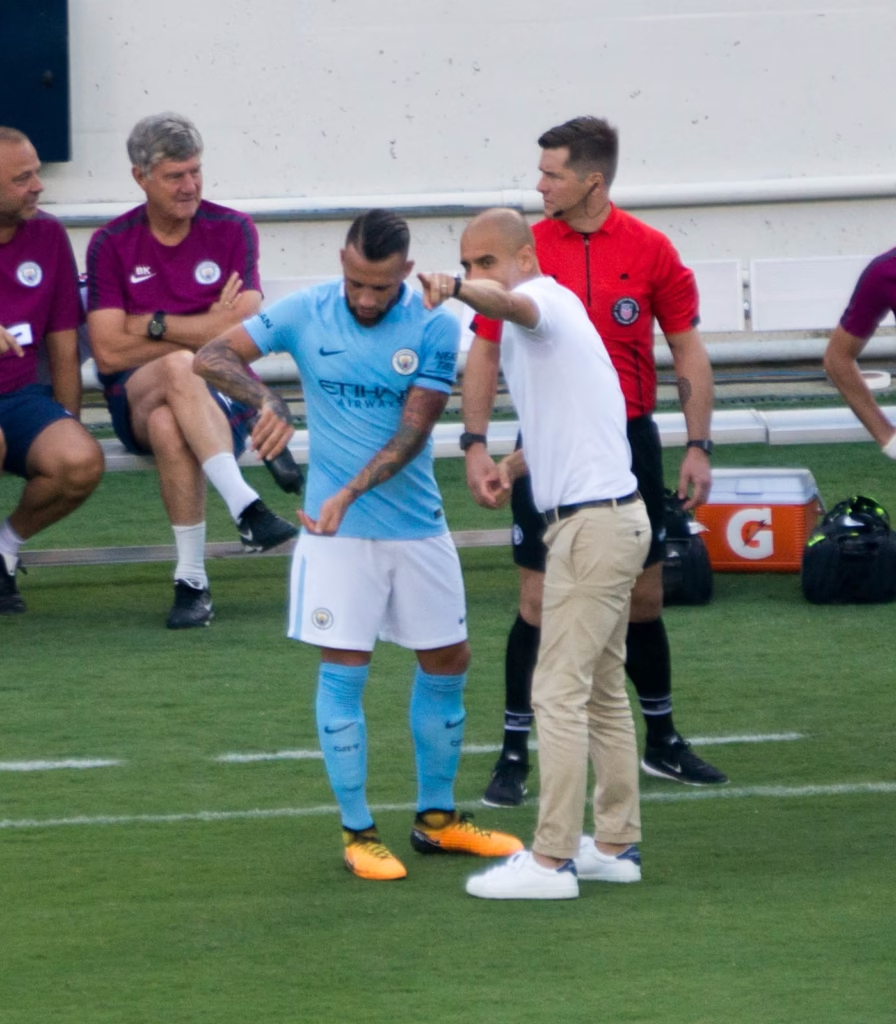
The first season was tough. Pep ended the 2016–17 season without a trophy, the first time in his career. Doubts emerged. But City was ready to back him.
Over the next few years, City spent over £1 billion on players. Pep reshaped the team and delivered success.
Domestic Dominance
In 2017–18, City played “sublime football” and won the Premier League with a record 100 points. His side was compared to the great Barca team. Under Pep, players like Sterling, De Bruyne, and Silva flourished.
He retained the title in 2018–19 after a fierce battle with Liverpool, overcoming a six-point deficit. Guardiola’s City became a domestic powerhouse.
The Elusive Champions League
Despite success in England, the Champions League remained out of reach. City suffered painful exits—to Liverpool (2018), Tottenham (2019), and Lyon (2020). Critics said Pep “overthought” tactics in big games, often making unexpected changes.

City reached the final in 2021 but lost to Chelsea, with fans questioning the absence of a defensive midfielder in the starting lineup.
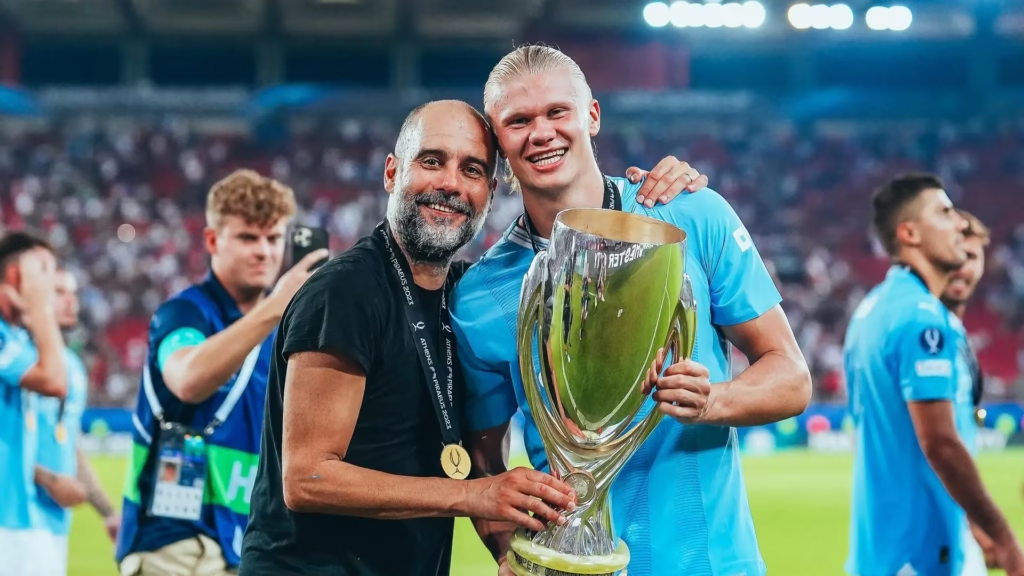
Finally, European Glory
Everything changed in 2023. With the arrival of Erling Haaland, Guardiola’s City conquered Europe. They beat Inter Milan in the final with a goal from Rodri, sealing a historic treble—Premier League, FA Cup, and Champions League.
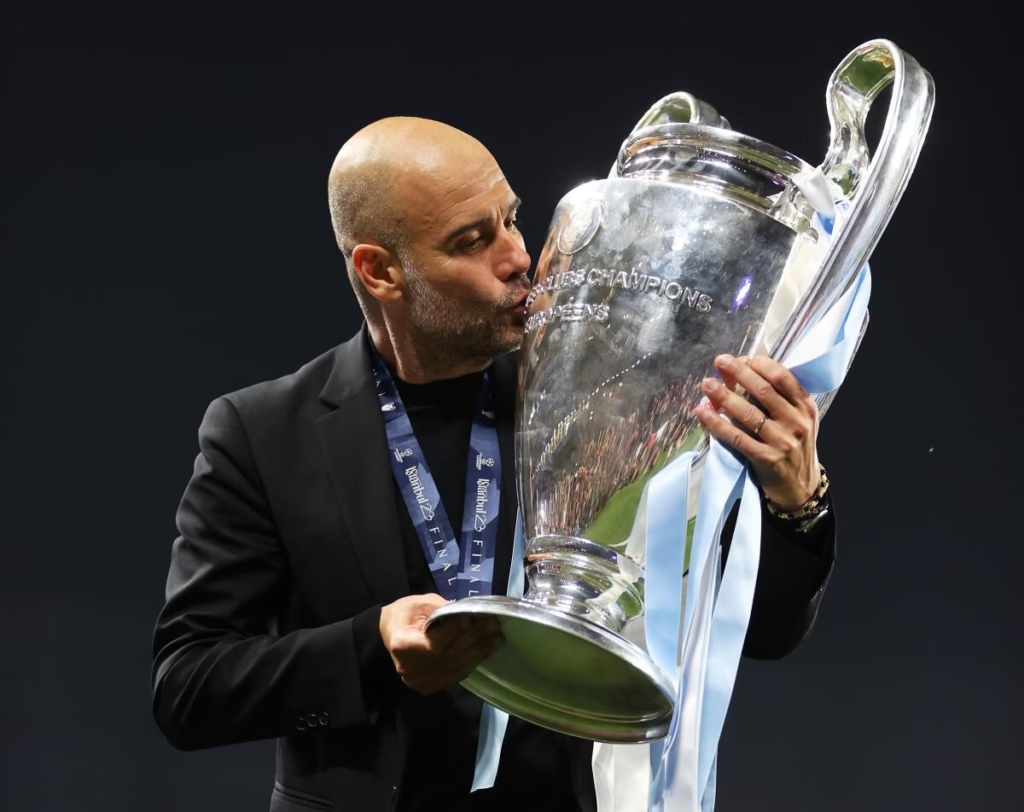
Pep became the first manager to win the treble with two different clubs, silencing years of criticism.
The Controversy
Yet, even with his triumphs, controversy surrounds Guardiola and Manchester City. The club faces 115 financial rule breach charges from the Premier League. These allegations question whether City’s success was purely sporting.
Critics say Pep has had an “unlimited budget” and “luxury of players,” making his job easier. Some argue others could have achieved the same with such backing. But Guardiola insists he is motivated by the love of the game and making fans happy.
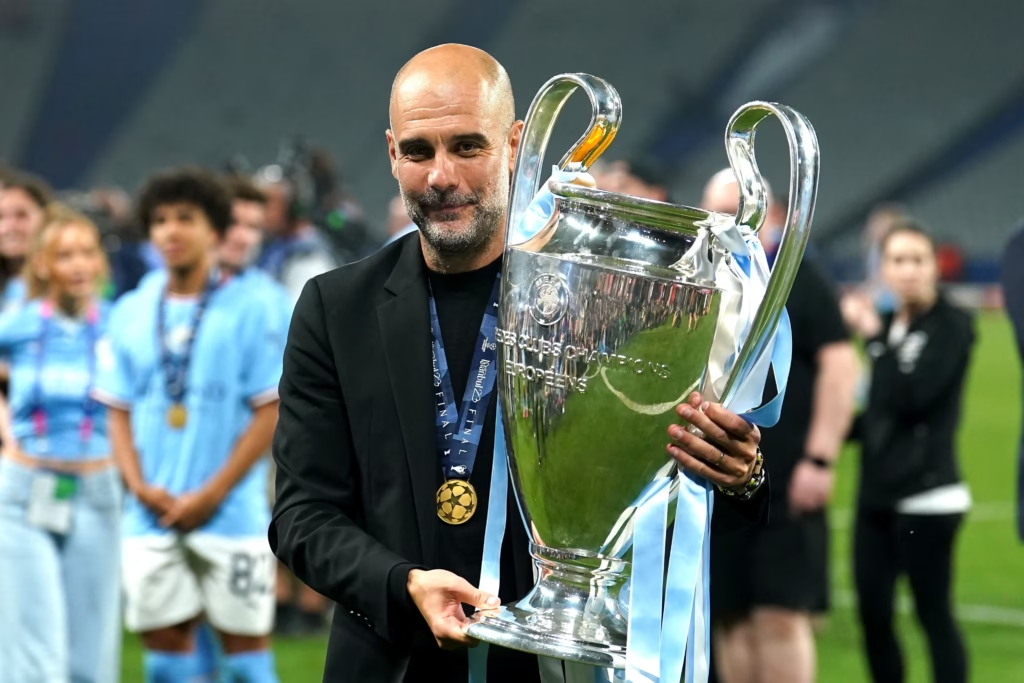
Legacy of a Modern Maestro
Pep Guardiola’s story is one of vision, evolution, and perfectionism. He has redefined how the game is played, coached, and analyzed. Whether loved or criticized, his influence on modern football is undeniable.
He has changed the game. And the game will never be the same.
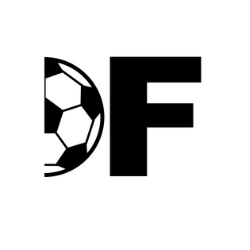
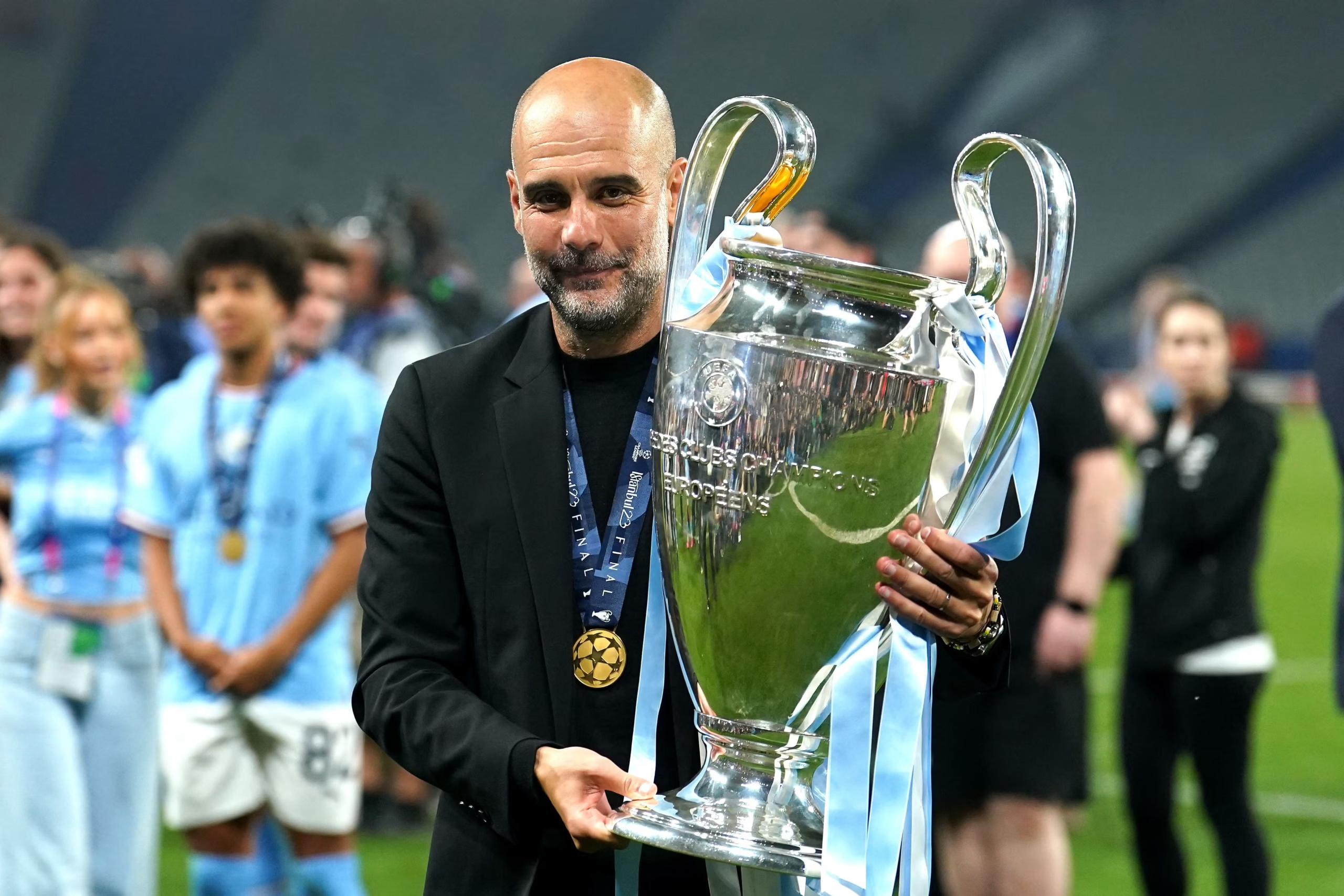
1 thought on “Pep Guardiola: The Genius Who Changed Modern Football”